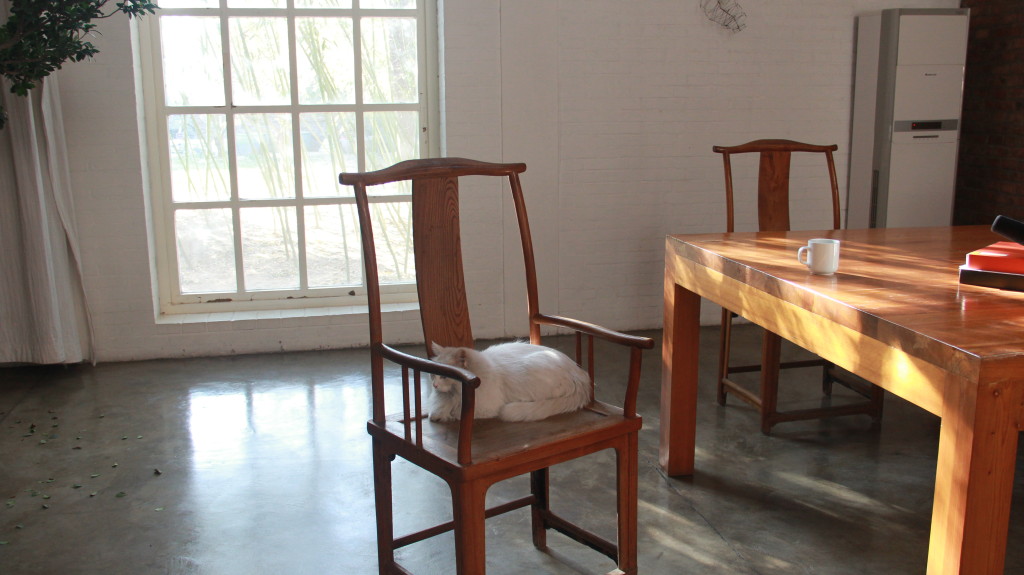Together with Tatiana Bazzichelli and Francesco Palmieri I am organizing several panels for the forthcoming Transmediale Festival in Berlin from 29 january till 2 february in Haus Der Kulturen Der Welt whose theme this year is “afterglow.” One of the panels deals with artistic-sexual rebellion and censorship in the Chinese netsphere. The speakers for this panel are Dr. Sufeng Song who is an outspoken academic and activist at Sun Yat Sen university, Guanzhou, and Didi-Kirsten Tatlow who is a correspondent for the New York Times in Beijing with a focus on art, democracy, feminism and technology. Besides these two speakers I have interviewed two well known dissident artists/intellectuals who are currently banned from international travel–the pioneering sex activist and investigative documentarian Ai Xiaoming (sometimes called “Ai of the South”)and the world famous artist and social media commentator Ai Wei Wei (“Ai of the North”).
Both Ai Xiaoming and Ai Wei Wei have had their passports removed and are undergoing constant surveillance by the state while all information about their work is censored.While the contents of their statements can only be revealed at the festival, here are some snapshots of the famous cat of Ai Wei Wei, who made an appearance during the interview. The cat walked in fifteen minutes before the interview took place and jumped on the “celebrity chair.” When Ai Wei Wei himself walked in a bit later and was ready to sit down, she refused to move at all, so Ai Wei Wei then gently dragged the chair with the cat on it away and took another chair. Then we talked about about the state of Chinese art, political provocation, the importance of the imagination and social debate within the neo-liberal authoritarian state. Ai Wei Wei’s statements were overall quite pessimistic and it was difficult for me to ask more personal questions or to lift the mood.
We sensed and acknowledged a total rift between China and the West in how he is treated as a public celebrity figure–while we can find an overload of information about him outside China, his compatriots who share his cultural background cannot not find any information at all. It is as if he is officially deleted from the networks and could well be replaced by his cat. But of course Ai Wei Wei continues to make art internationally and does have a local support system. If you want to read an account of how Ai Wei Wei feels affected and deals artistically with his post-prison condition read Didi-Kirsten Tatlow’s recent interview in the New York Times. Here you can read how he engages in small protest on a daily basis, how he feels that art and intellectual life in China is sick and needs healing, and where he would like to go if he could travel again.

